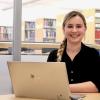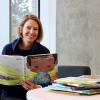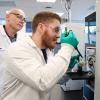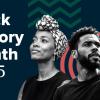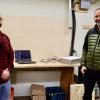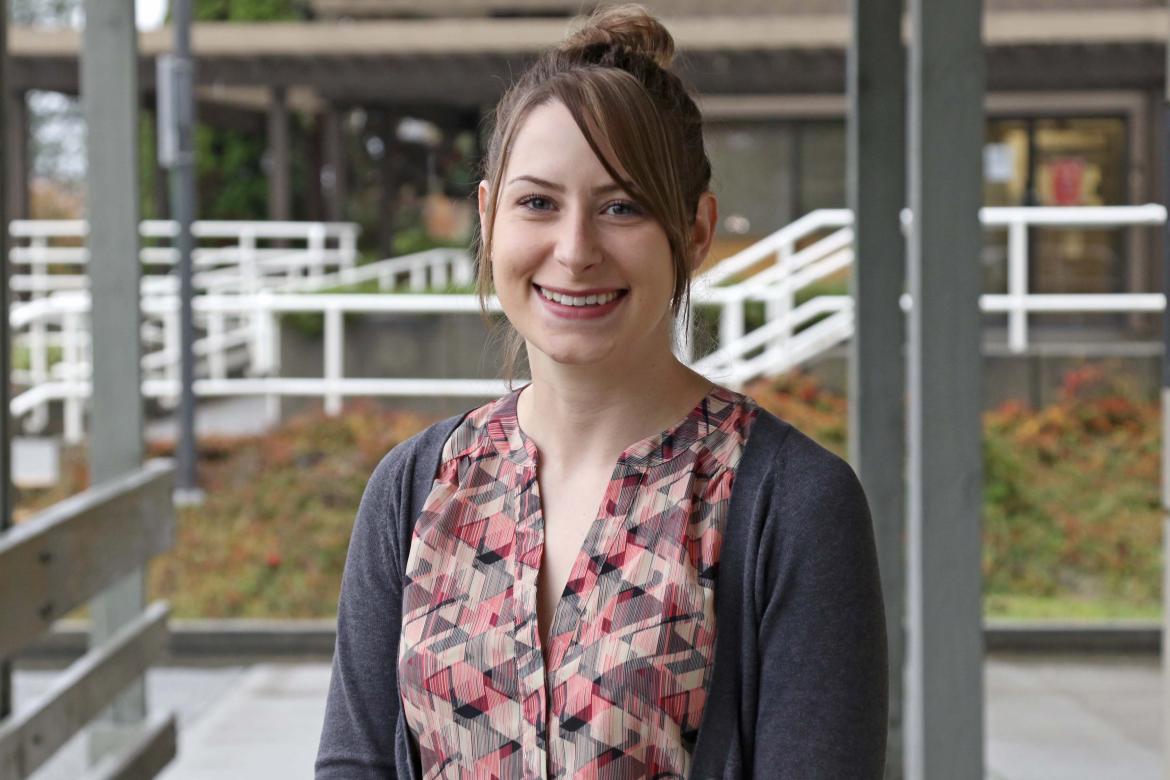
Master of Community Planning student Lainy Nowak is researching ways planning can help cities save lives and recover faster from natural disasters
November 28, 2018 - 5:00pm
Can community planning play a role in creating more resilient communities that are better able to withstand natural disasters?
Vancouver Island University (VIU) Master of Community Planning student Lainy Nowak says without a doubt. She is investigating ways in which governments can plan cities to better withstand slow-moving environmental issues such as climate change and fast-moving natural disasters like earthquakes and tsunamis.
“We are seeing the effects of climate change worldwide. The frequency of severe weather events continues to increase, and we know that it’s only a matter of time before the West Coast experiences a large earthquake,” says Nowak. “My research explores how planning policies can help shape cities before an event happens. Creating an action plan for resilience will save lives, help cities recover faster and improve the well-being of communities and the people who live there.”
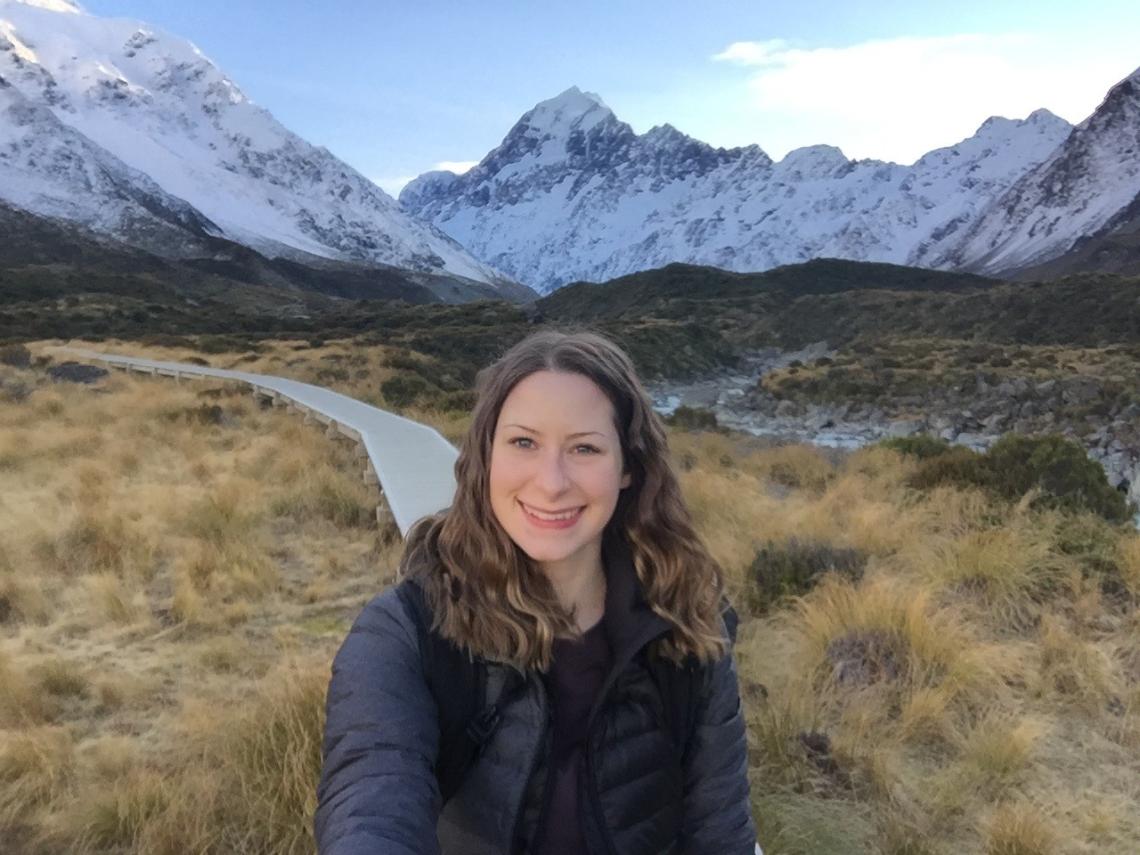 Nowak was awarded a Queen Elizabeth Scholarship through VIU’s Building Resilience in Coastal Communities program to travel to Christchurch, New Zealand, this summer to work with the City’s Civil Defence and Emergency Management department. In February 2011, a 6.2-magnitude earthquake struck 10 kilometres southeast of Christchurch, causing nearly 200 deaths and a massive amount of damage to structures.
Nowak was awarded a Queen Elizabeth Scholarship through VIU’s Building Resilience in Coastal Communities program to travel to Christchurch, New Zealand, this summer to work with the City’s Civil Defence and Emergency Management department. In February 2011, a 6.2-magnitude earthquake struck 10 kilometres southeast of Christchurch, causing nearly 200 deaths and a massive amount of damage to structures.
“Even seven years later, you can see how much damage the earthquake caused – almost half of downtown is just rubble and old buildings waiting to be demolished,” says Nowak.
While there, she interviewed planning professionals, emergency management specialists and academics. Christchurch City Council is increasing the city’s level of preparedness for natural disasters, she says. For example, staff are looking at implementing a network of tsunami information boards and evacuation signs. Nowak helped out at community engagement events and contributed to awareness campaigns and materials that aim to educate the Christchurch population on how to be better prepared.
“There was a tsunami warning two years ago and nobody knew what to do,” she says. “Now the City is asking people what they think they need to be better prepared.”
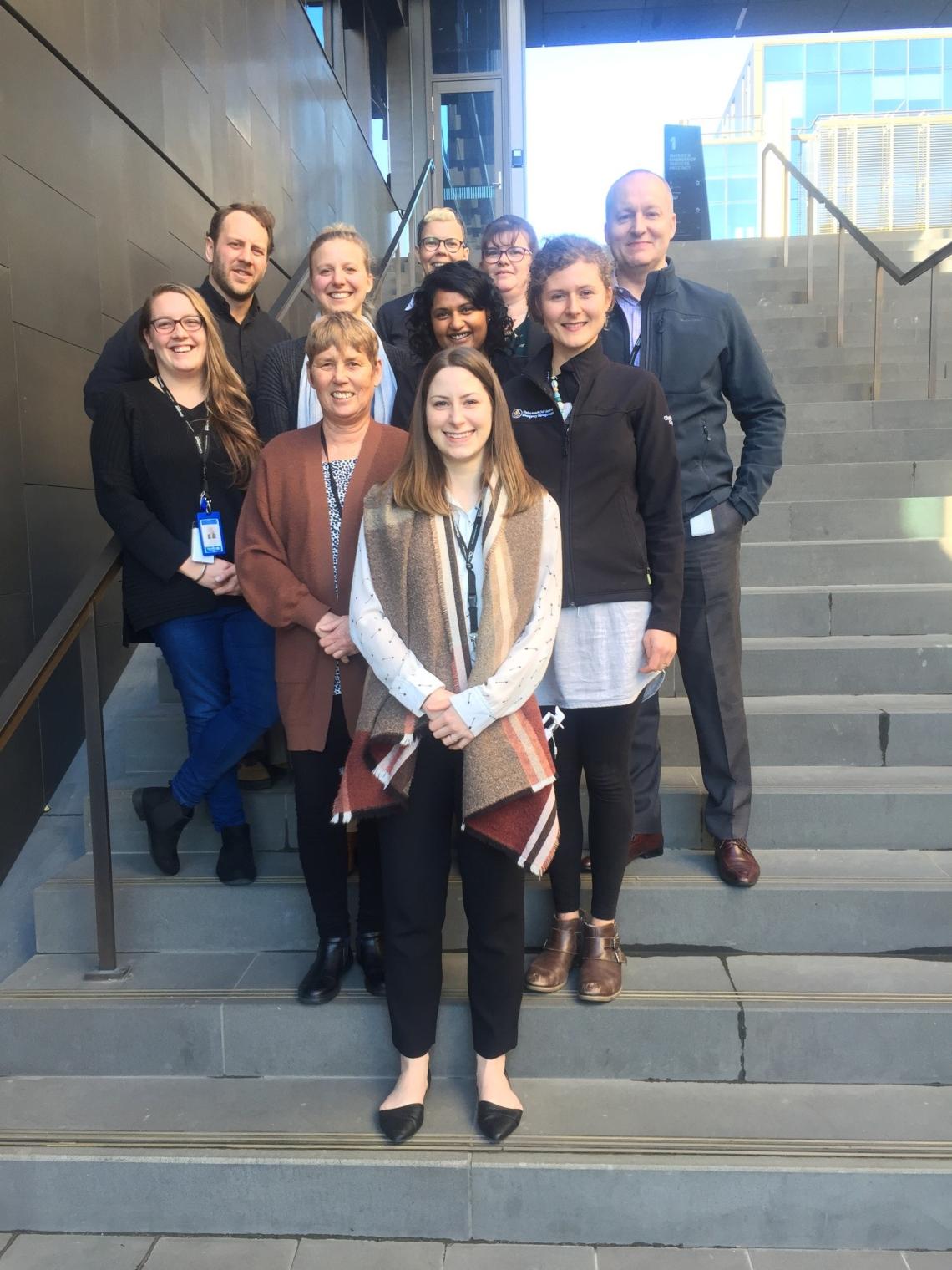 Out of what she heard and saw in Christchurch, two major themes emerged for Nowak – preparedness, or having the necessary infrastructure, supports and resources in place to ensure everybody knows what to do in the event of a major event; and community.
Out of what she heard and saw in Christchurch, two major themes emerged for Nowak – preparedness, or having the necessary infrastructure, supports and resources in place to ensure everybody knows what to do in the event of a major event; and community.
“A widespread sense of community is a huge factor in the resilience of a city,” explains Nowak. “After the earthquake, the people of Christchurch banded together to help each other out. First responders and volunteers can’t help everybody; but if you have a group of people living around you that you’ve created connections with, you’re more likely to support each other and recover faster.”
Nowak’s thesis will include a mixture of land-use planning recommendations and examples of ways planning can foster better community connections, such as creating public spaces for neighbours to gather together. She was recently awarded a REACH award, given to students conducting their own original research by VIU’s Scholarship, Research and Creative Activity Office, to help with this work.
She hopes to eventually present her findings at conferences, including the Planning Institute of BC’s annual conference, in an effort to share what she’s learned. After graduation, Nowak’s dream job would be to help create more resilient cities.
“Lainy is a focused student who worked diligently with the City of Christchurch to create a project that is not only interesting, but also addresses a knowledge gap here and in New Zealand,” says Dr. Pam Shaw, Director of the Master of Community Planning Program and Nowak’s supervisor. “I look forward to the completion of this research, and to all the tremendous work that I know Lainy will contribute to the profession as her career unfolds.”
3 Tips for More Resilient Individuals
Want to know more about what YOU as an individual can do to be more prepared for a natural disaster? Here are Nowak’s top three recommendations:
- Get to know your neighbours
- Understand your risks
- Create a preparedness plan
-30-
MEDIA CONTACT:
Jenn McGarrigle, Communications Officer, Vancouver Island University
P: 250.740.6559 | C: 250.619.6860 | E: Jenn.McGarrigle@viu.ca | T: @VIUNews
Tags: Research

